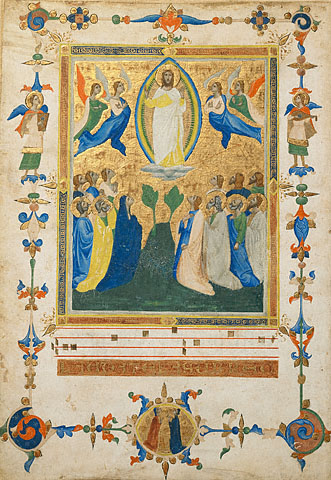
Another one by my friend and colleague, Fred Sanders http://www.scriptoriumdaily.com/middlebrow/archives/nature-grace-and-glory/#more-361
Three fundamental categories for theologizing are nature, grace, and glory. These terms indicate things you’ve already thought about before, but they don’t quite map onto other terms you might already know.
Nature is what a thing is in itself. Human nature is a created good, a thing with its own integrity and a recognizable completeness in itself. You can’t quite call it independent, because every nature you’ve ever encountered is a created nature which owes its being to God. But nature, the realm of created goods, has to have a relative independence from God in that it genuinely has existence as something distinct from the creator. You didn’t have to exist, and it’s worth thanking God for the gratuity and bonus of your sheer existence.Grace, on the other hand, is more. It is something given to nature from beyond. When God gives grace to nature, he elevates nature beyond its own resources and makes it participate in something superior to itself. As Aquinas would say in his Aristotelian tone of voice, a creature does not have within its finite nature the potential to reach an infinite end, so if finite creatures (nature) are to enjoy fellowship with the infinite God, it will have to be by grace. Human nature may have its own finite telos (end), but salvation is the perfection of human nature in the true end of man, which is the glorification and enjoyment of God. Is there a natural desire for what is beyond nature? Is the structural integrity of human nature some sort of structural openness to God? “It takes God to be a man,” said Major W. Ian Thomas.
Read the rest: http://www.scriptoriumdaily.com/middlebrow/archives/nature-grace-and-glory/#more-361
No comments:
Post a Comment